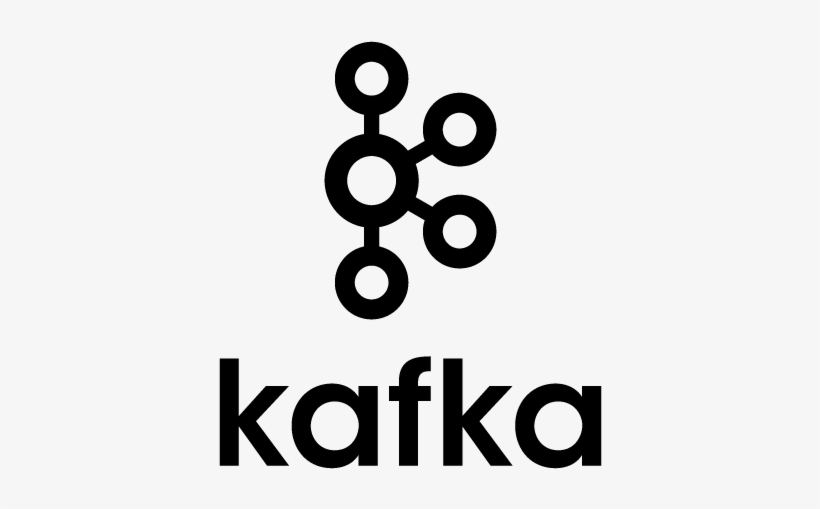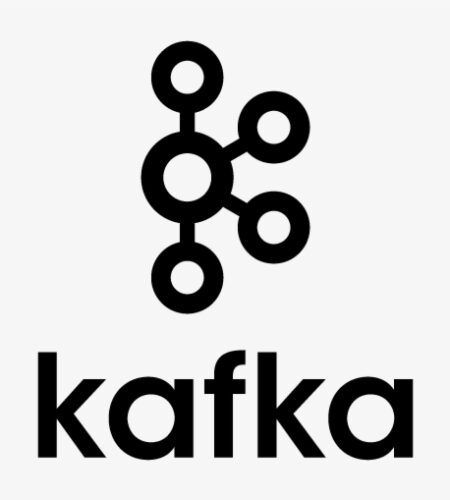In today’s data-driven world, organizations are dealing with massive volumes of data coming from various sources. To effectively manage and process this data, modern data architectures require robust and scalable messaging systems. Apache Kafka has emerged as a leading distributed streaming platform that addresses the challenges of real-time data ingestion, processing, and delivery. In this article, we will explore the need for Apache Kafka in modern data architectures, highlighting its key features and benefits.

Scalability and High Throughput
One of the primary reasons organizations adopt Apache Kafka is its ability to handle high data volumes and provide seamless scalability. Kafka employs a distributed architecture, allowing it to scale horizontally by adding more brokers to the cluster. This distributed nature ensures that data can be processed in parallel across multiple nodes, resulting in high throughput and low latency. With Kafka, organizations can handle massive data streams and accommodate future growth without compromising performance.
Real-time Data Streaming
In today’s fast-paced business environment, real-time data streaming has become crucial for timely decision-making and gaining a competitive edge. Apache Kafka is designed for real-time data processing, enabling organizations to stream and process data as it arrives. Its publish-subscribe messaging model allows multiple consumers to subscribe to a topic and receive data in real time. Kafka’s low latency and near-real-time processing capabilities make it ideal for use cases such as real-time analytics, event-driven architectures, and streaming data pipelines.
Fault-tolerance and Reliability
Data reliability and fault-tolerance are critical considerations in modern data architectures. Apache Kafka ensures data durability and fault-tolerance through its replication mechanism. Kafka replicates data across multiple brokers in a cluster, providing redundancy and fault-tolerance. In the event of a broker failure, Kafka automatically fails over to a replica, ensuring continuous data availability. This fault-tolerant design makes Kafka highly reliable, ensuring that no data is lost even in the face of failures.
Data Integration and Ecosystem Compatibility
Apache Kafka integrates seamlessly with various data systems, making it an essential component of modern data architectures. Kafka’s connectors allow easy integration with popular data sources and sinks, including databases, data lakes, messaging systems, and streaming frameworks. Additionally, Kafka’s compatibility with the Apache ecosystem, such as Apache Spark, Apache Flink, and Apache Hadoop, enables organizations to build end-to-end data processing pipelines using a combination of these powerful technologies.
Stream Processing and Event-driven Architectures
Event-driven architectures and stream processing have gained significant popularity in modern data architectures. Apache Kafka provides the foundation for building event-driven systems by capturing, processing, and reacting to events in real time. Kafka’s ability to store and replay data streams allows organizations to build complex event processing pipelines and perform real-time analytics on the fly. With Kafka, organizations can implement event sourcing, CQRS (Command Query Responsibility Segregation), and other event-driven patterns efficiently.
Data Integration and Hybrid Cloud Adoption
As organizations adopt hybrid cloud architectures, the need for seamless data integration across on-premises and cloud environments becomes crucial. Apache Kafka’s distributed and scalable nature makes it well-suited for hybrid cloud deployments. Kafka allows data to flow seamlessly between on-premises systems and cloud platforms, enabling organizations to leverage the benefits of both environments without data silos or complexities.
In modern data architectures, Apache Kafka plays a vital role in enabling scalable, real-time, and fault-tolerant data processing. Its ability to handle high volumes of data, provide real-time streaming, ensure fault-tolerance, and integrate with various data systems makes it a key component for building robust and efficient data pipelines. By adopting Apache Kafka, organizations can unlock the power of real-time data processing, enable event-driven architectures, and seamlessly integrate data across
hybrid cloud environments. As the data landscape continues to evolve, Apache Kafka remains a fundamental technology for modern data architectures, empowering organizations to harness the full potential of their data.
Subscribe to our email newsletter to get the latest posts delivered right to your email.


[…] Understanding the need for Apache Kafka in modern data architectures […]